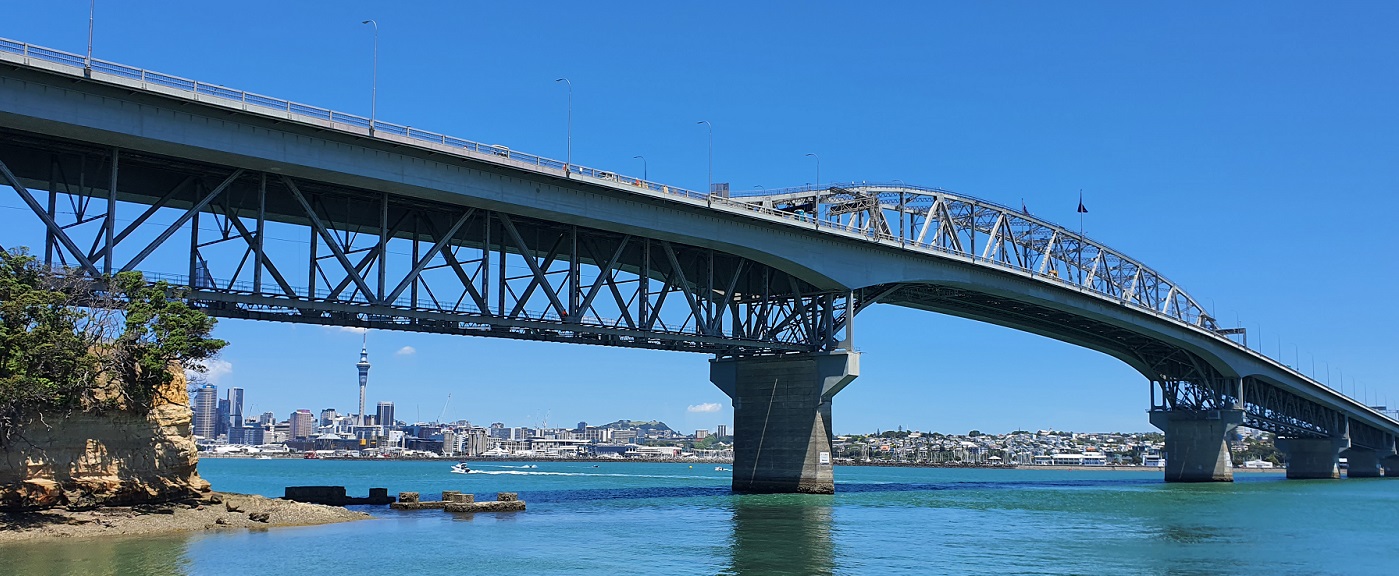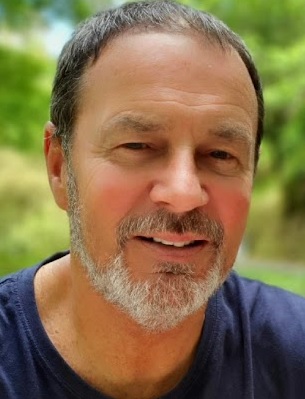
Photo: Fraser Carson
I’ve caught myself becoming a serial critic of Auckland Mayor Wayne Brown.
While I don’t mean to pick on him unnecessarily – this is the second perspective on him that I’ve written for this column – he really has painted a target on his own backside.
The latest outrage from Mr Brown was his casting vote to remove the Auckland Council from its membership of Local Government New Zealand (LGNZ), an organisation that represents the collective interests of local councils (ahem, the rest of New Zealand), and a body all councils adhere to – at least until mayor Brown’s casting vote.
But I’ll come back to this issue later . . . once I’ve had a cuppa and cool down a little.
Making progress on a raft of issues in local areas is reaching a turning-point. Most of it is to do with infrastructure and the resources needed to make it better. So many of the issues are huge and long term, which means that clear-headed decision-making around council tables is more than helpful, often requiring people to park their egos and political agendas to reach constructive decisions.
The former mayor of a major New Zealand city once told me that the most important attribute of a mayor was “to be able to count”. That’s because every local council mayor gets just one vote, on any issue, just like all other elected officials.
This means that nothing could happen unless there was a democratic majority around the council table. Inevitably it also requires a nimble mayor who doesn’t merely know how many fingers and toes they have, but an ability to build relationships and a willingness to horse-trade, since different elected officials might be needed on different issues.
Of course at the humble level of a family household, democracy is a bit more challenging, given the nuclear family set-up of two adults, where any disagreement will result in a tie. In our household, we tend to allow the weight of sensible argument to settle issues, or else default to a position where if one party wants something changed, but the other doesn’t, the status quo prevails. On occasions, it could also mean that decisions are deferred while a little more time is taken to reach an orderly decision.
In the case of the Auckland Council decision on LGNZ, any number of news reports described a shambolic debate that was given a mere hour before the decision was made to pull the plug. At the conclusion, the council decision was split, whereupon Brown cast his vote to give “the bird” to the rest of us.
The first thing to acknowledge is that Auckland Council is wrestling with a $295 million budget hole. For some elected members, that’s an opportunity to slash plenty of things they have little taste in – the arts, libraries and “wasteful bureaucrats” come to mind. On the other hand, the council might work together to project some public confidence that they are willing and open to any number of options to address the issues.
The move to cut-and-run from LGNZ seems small in the scheme of things. And yes, the claims of saving a small amount of money have been used. But even then, it’s debatable it will save much at all; in fact it might well cost Auckland more for pulling out.
The real issue is that LGNZ is an important mechanism for local authorities to work together on important issues, especially in relation to central government, but also on things like mutual support over shared issues.
Impacts for other councils might now include less clout in borrowing money, less negotiating leverage with central government, and much less collaboration on infrastructure, planning and resources sharing. And I suspect other councils will now be less willing to share anything else with Auckland.
Those who voted against continuation, including Wayne Brown, seemed unwilling to take any time to consider such implications and cut the kauri tree down, after many years of careful nurturing by a host of people.
It puts me in mind of the UK’s decision to exit from the EU (Brexit) and the United States where conservatives are clamouring for an America that is more isolationist from the rest of the world, and states separated from the rest of the country. In the case of Brexit, the UK has on nearly every metric chosen to smack itself in the face by withdrawing from a powerful European bloc.
Someone should tell Wayne Brown (elected by just 15 percent of Aucklanders) that Auckland is not yet a kingdom and still part of Aotearoa New Zealand. Our central government is still elected by New Zealanders from everywhere, with the biggest representation coming from . . . you guessed it, Auckland.
It’s also time to remember that the UK and America’s power (and arrogance) was built upon the wealth and sovereignty harvested from the rest of the world. Mayor Brown, in his slam-dunk to the rest of the country, can only posture in similar vein to Brexit because the Auckland super city happened through a public vote in 2010, out of a desire for the smaller Auckland councils to work together more for the common good. Now isn’t that ironic?
 You can contact Fraser here.
You can contact Fraser here.
Fraser Carson is the founding partner of Wellington-based Flightdec.com. Flightdec’s kaupapa is to challenge the status quo of the internet to give access to more reliable and valuable citizen generated content, and to improve connectivity and collaboration.
Flightdec websites include: KnowThis.nz, Issues.co.nz and Inhub.org.nz.
OTHER POSTS
LATEST POSTS
- Who was our first knight?
- Carl Lutz – farmer who loved the land, and Fordsons
- Arthur saw nature ‘with eyes of admiration’
- Ōtaki abuzz with film festival - Ōtaki Today
- Hall helps to connect and build community
- Fear breeding fear, fear and more fear
- Plenty of help organisations in times of need
- Poor official communications fuel misinformation
- Cultural infrastructure could be our saviour
- Four-storey blocks coming as developments fast-tracked
- The world’s therapist offers little hope for global ills
- Modern conservatism the quiet killer
- Di’s QSM for services to community and environment
- However bad it might get, keep smiling
- AI is coming, ready or not
- Rewi’s story one of adversity in old Ōtaki
- Arise King Brown of the Kingdom of Auckland
- Rebuilding should draw on mātauranga
- Urban designer poses critical question - What’s the plan for Ōtaki?
- Brown hits the fan as water levels rise
